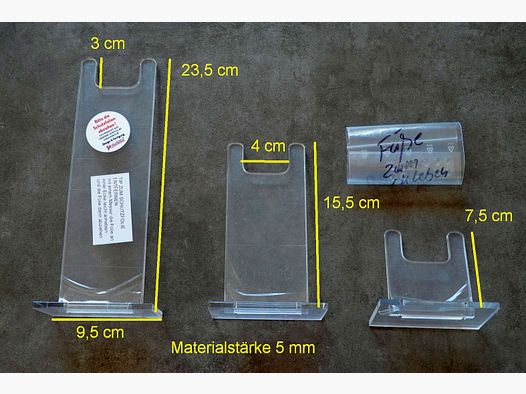In the past, dogs were primarily used as guardians of livestock and protectors of farms. Nowadays, however, they have become full-fledged family members with whom we share our lives. They comfort us, make us laugh, and help us relax after a long day at work. As responsible dog owners, we have the duty to care for the well-being of our dogs, which includes regular veterinary visits and necessary medical treatments. In addition to the basic expenses for dog care, food, and boarding during vacations, veterinary costs are among the most important financial aspects of dog ownership. In this article, we summarize the costs for dog owners and provide an overview of the various factors that influence veterinary costs.
I. How are veterinary costs calculated? The fee schedule for veterinarians (GOT), issued by the Federal Ministry of Food and Agriculture (BMEL), specifies how much veterinarians may charge for their services. This fee schedule was last adjusted in November 2022 and has led to an increase in veterinary costs. However, veterinarians have the freedom to charge the simple, double, or triple rate of the GOT, depending on factors such as the complexity of the treatment and the equipment of the veterinary practice. In some cases, emergency treatments outside of regular office hours can even be billed at four times the rate. In addition to the fees, costs for laboratory analyses, medications, and medical supplies such as bandaging materials are also itemized separately on the veterinary bill.
II. Cost overview of the most important treatments for dogs The costs for veterinary treatments vary depending on the type and extent of the treatment. Here is a small overview of the costs of some common treatment items for dogs according to GOT:
- General examination with consultation: The costs for a general examination with consultation range from 23.62 euros to 70.86 euros.
- Injections (vaccinations): The costs for injections, e.g., for vaccinations, range from 11.50 euros to 34.50 euros.
- X-ray examination: The costs for an X-ray examination can range from 36.57 euros to 109.71 euros, depending on the number of images taken.
To illustrate the costs with an example, let's assume your dog is limping and you visit the veterinarian. In this case, the following items could appear on the veterinary bill:
- General examination with consultation: The dog is presented to the veterinarian and examined externally. The cost for this service is approximately 11.26 euros (simple fee rate) according to GOT.
- Thorough examination of individual organs: The veterinarian examines the dog's internal organs and palpates the abdominal area, for example. The cost for this service is approximately 16.43 euros (simple fee rate) according to GOT.
- Orthopedic examination: The veterinarian checks the mobility of the joints and stretches the dog's front and hind legs. The cost for this service is approximately 16.50 euros (simple fee rate) according to GOT.
- Fluoroscopy + first and second X-ray: For a fluoroscopy and two X-rays, a total of approximately 89.07 euros (simple fee rate) may be incurred.
For all these items, the veterinarian must charge at least the simple rate of the GOT. In this case, the costs would amount to around 145 euros. However, it should be noted that additional costs for administered medications, consumables, and VAT will also be incurred, which are listed separately on the veterinary bill.
III. The regular veterinary costs for dogs The regular veterinary costs for a dog can vary significantly and depend on various factors. The age, pre-existing conditions, and living circumstances of the dog play an important role. For example, dogs that are physically active and engage in activities such as agility with their owners have a higher risk of injury and may require veterinary treatments more frequently.
As a rule of thumb, dog owners can expect veterinary costs of at least 100 to 200 euros per year. These costs include the annual routine examination as well as necessary vaccinations and deworming. However, it is important to note that veterinary costs can quickly escalate if the dog has an accident or develops a chronic illness. Especially surgeries can be very complex and expensive. In addition to the actual surgery costs, costly pre- and post-examinations as well as medications must also be considered.
IV. The role of pet health insurance For dog owners who want to protect themselves from potentially high veterinary costs, there is the option of taking out pet health insurance for their dog. Comprehensive health insurance usually covers the costs of veterinary treatments, vaccinations, and surgeries. They provide financial security and can help significantly reduce veterinary costs. In addition, there are also pure surgical cost insurances that only cover surgeries. These are usually cheaper than comprehensive health insurance for dogs.
In summary: The veterinary costs for a dog can vary significantly depending on the type of treatment and individual circumstances. As a responsible dog owner, it is important to keep potential costs in mind and make financial provisions. Through pet health insurance, dog owners can significantly reduce the financial burden in the event of veterinary treatments and surgeries. Nevertheless, it should be considered that regular veterinary costs are essential for the health and well-being of the dog and are an important part of the responsibility of being a dog owner.





























